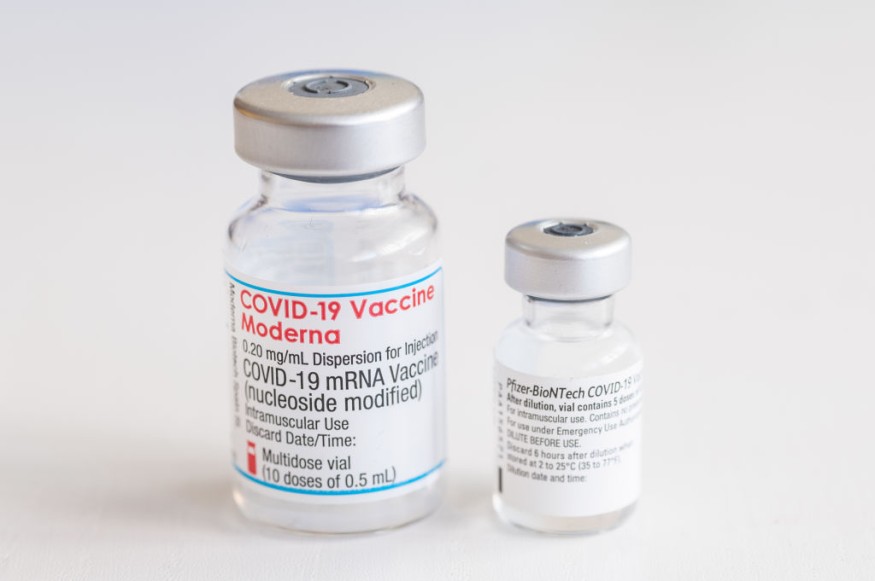Pfizer and Moderna COVID Vaccines Can Offer Protection Lasting for Years, New Study Shows

Scientists reported that COVID vaccines developed by Pfizer and Moderna had shown a persistent immune reaction in the body that may protect recipients against the coronavirus for years.
A new study shows growing evidence that most people immunized with the mRNA vaccines may not need boosters as long as the virus and its variants do not evolve much beyond their current strains. However, this is not guaranteed, The New York Times reported.
Ali Ellebedy, an immunologist at Washington University in St. Louis, said it is a good sign of how durable people's immunity is from the said vaccines. Ellebedy led the study, which was published in the journal Nature.
The study did not include the COVID vaccine developed by Johnson & Johnson. Ellebedy said he expected the immune response to be less durable than that produced by mRNA vaccines.
Meanwhile, Moderna CEO Stephane Bancel earlier suggested that it was likely that booster shots would be needed in the near future to boost waning immunity and protect against new virus strains.
Public health officials, including Dr. Anthony Fauci, rejected the idea. Fauci noted that a huge majority of people, who have received one of the two mRNA vaccines, will likely be protected over the long term and may not need a booster shot anytime soon, Forbes reported.
The study included 41 participants who received both doses of either the Pfizer or Moderna vaccine. Among the participants were eight people who have a history of infection with the virus, but they were immunized with two doses of the Pfizer vaccine.
Ellebedy's team found that 15 weeks after the first dose of the vaccine, the germinal center was still highly active in all 14 participants, and the number of memory cells that recognized the virus had not declined.
READ NEXT : Moderna Scientists Warn Against New COVID Variants That Could Drive a New Wave of Transmission
Mixing COVID Vaccines
A study led by Oxford University found that mixing and matching COVID vaccines made by Pfizer and AstraZeneca creates a "robust" immune response against the virus, CNBC reported.
The study found that immune responses differed according to the order of immunization. AstraZeneca shot followed by the Pfizer vaccine showed a better immune response out of the two mixed schedules.
The researchers noted that all possible vaccination schedules involving the AstraZeneca and Pfizer vaccines could potentially be used against COVID-19.
Matthew Snape, associate professor in pediatrics and vaccinology at the University of Oxford, said the findings could add much-needed flexibility to vaccination programs worldwide. Snape is the chief investigator of what is known as the "mix and match" trial.
The researchers also noted that both mixed schedules produced higher antibodies than the standard two-dose AstraZeneca schedule.
Meanwhile, UK's deputy chief medical officer, Prof Jonathan Van-Tam, said there was no reason to change the UK's current successful same dose vaccine schedules. Van-Tam noted that the given vaccines were in good supply and saving lives, BBC News reported.
However, he also said that it might be something that they could look at in the future, as mixing doses could give them even greater flexibility for their vaccination efforts.
WATCH: COVID-19: Is it OK to Mix Pfizer and Moderna Vaccines? - From CBC News: The National
Subscribe to Latin Post!
Sign up for our free newsletter for the Latest coverage!
© 2026 Latin Post. All rights reserved. Do not reproduce without permission.














